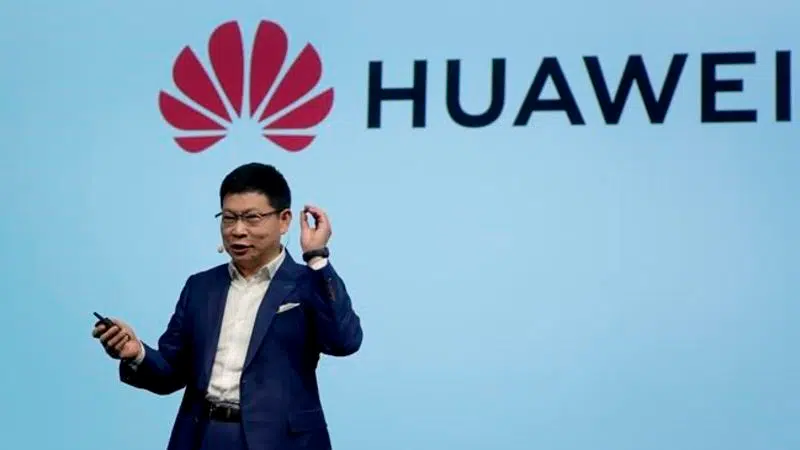
Huawei debuts latest advanced chipset for smartphone
BERLIN — Chinese tech giant Huawei unveiled its latest advanced chipset Friday ahead of the upcoming launch of its latest flagship smartphone, even as uncertainty hangs over whether the device can use Google’s Android.
Huawei’s consumer business CEO, Richard Yu, showed off the Kirin 990 chipset at the IFA consumer electronics fair in Berlin on Friday.
Optimized for new 5G networks and packing 10.3 billion transistors into its fingernail size, the Kirin 990 will be the brain powering the Mate 30 phone.
Huawei, the world’s No. 2 smartphone maker, plans a global launch for the phone in Munich, Germany, on Sept. 19.
